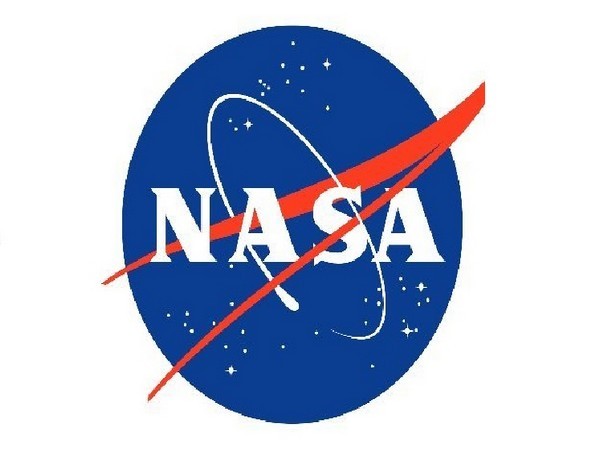Science News Roundup: NASA shrugs off Roscosmos leader's rant over U.S. sanctions and space station; Fossil of dinosaur with hard head and tiny arms found in Argentina
Following is a summary of current science news briefs. NASA shrugs off Roscosmos leader's rant over U.S. sanctions and space station NASA on Friday shrugged off public comments from the head of its Russian counterpart suggesting U.S. sanctions imposed against Moscow over the Ukraine crisis could "destroy" U.S.-Russian teamwork on the International Space Station (ISS).

Following is a summary of current science news briefs.
NASA shrugs off Roscosmos leader's rant over U.S. sanctions and space station
NASA on Friday shrugged off public comments from the head of its Russian counterpart suggesting U.S. sanctions imposed against Moscow over the Ukraine crisis could "destroy" U.S.-Russian teamwork on the International Space Station (ISS). Dmitry Rogozin, director-general of Russian space agency Roscosmos, took to Twitter on Thursday denouncing new constraints on high-tech exports to Russia that U.S. President Joe Biden said were designed to "degrade their aerospace industry, including their space program."
Fossil of dinosaur with hard head and tiny arms found in Argentina
Scientists have unearthed in Argentina the remains of a previously unknown species of meat-eating dinosaur that lived about 70 million years ago that had puny arms and may have used its powerful head to ram its prey. The fossil skull of the Cretaceous Period dinosaur, named Guemesia ochoai, was discovered in Argentina's northwestern Salta province. The researchers said it likely belongs to a carnivorous group of dinosaurs called abelisaurs, which walked on two legs and possessed only stub-like arms, even shorter than those of North America's Tyrannosaurus rex.
(With inputs from agencies.)
ALSO READ
Russia and Venezuela Unite in Concern Over US Actions in Caribbean
Gujarat Man's Plea for Rescue: Caught in the Russia-Ukraine Conflict
South African Recruits Trapped in Russian Mercenary Scam
Russia's Stealthy Skies: The Su-57 Fighter's Engine Upgrade
Ukrainian Strike Targets Russian Oil Terminal, Ignites Blaze










